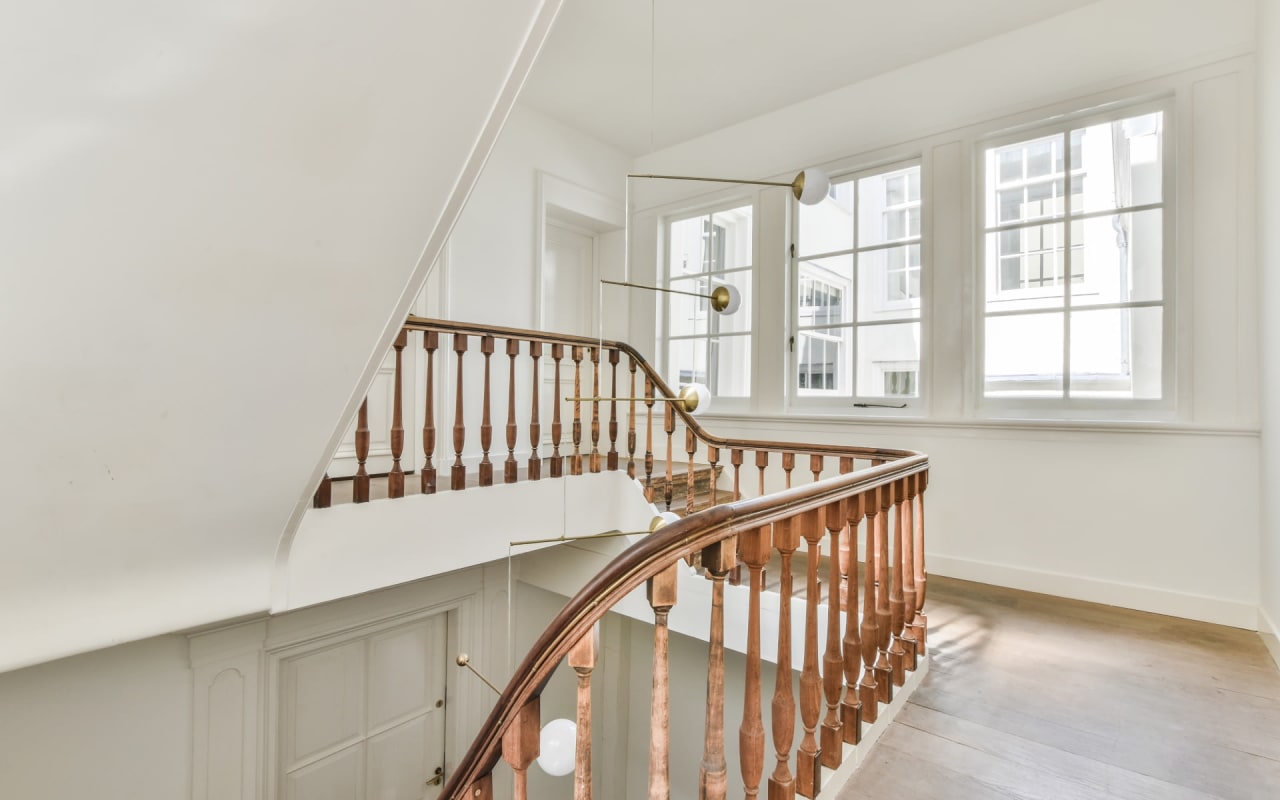Question: After reading your article two weeks ago about remodeling before selling a property, I was wondering what your thoughts are on remodeling our rental property. It’s a 1BR + den a couple blocks from the Virginia Square metro with a perfectly functional bathroom and kitchen, but about 15 years old.
Answer: A couple of weeks ago, I warned about spending money on major remodeling projects before selling your home and you should be equally cautious about making major updates to a rental property. In your case, it doesn’t sound like spending $15,000+ remodeling the bathroom and kitchen is a good investment at this time. Here are some of the questions/factors you should consider:
Payback Period
How long will it take to break-even on your remodeling expenses based on projected increase in rent? A moderate remodeling of your bathroom and kitchen is likely to increase the amount you can rent your unit by $150-$200/month (this is case-by-case), meaning your pay-back period is likely 10+ years. Keep in mind that the market value of your updates will depreciate annually and usually at a faster pace under the wear and tear of a rental unit.
Tenant Profile
The ROI of remodeling is heavily based on the type of tenant you’re most likely to have. Your tenants will most likely place more value in convenience, affordability, and functionality than they do aesthetics and upgraded finishes/appliances. As the tenant profile shifts towards families and higher-end properties, the ROI of upgrades increases.
Length of Stay
The less time a tenant plans to stay in a property, the less concerned they’ll be with updates, but tenants planning to stay for three or more years will consider their rental to be more of a home and place great value in an updated kitchen and bathrooms. As the tenant profile shifts to longer rental periods, the better the ROI on remodeling. In your case, the tenant profile is more likely to stay for 12-24 months, diminishing the value of remodeling.
Tax Write-Offs
According to Joseph Aiken, CPA with Aiken & Company, the current tax code considers any capital expenditures on remodeling to be depreciable assets, meaning you can’t write off the cost of your remodeling in the year you spent the money, rather deduct it over a 27.5 year depreciation schedule.
My advice for investing in a rental property is similar to investing in pre-sale improvements. Fresh paint, quality floors, lighting, and a deep clean go a long way on a rental property without breaking the bank and can usually be written off as maintenance expenses on your taxes. Check out IRS Publication 527 for tax details on rental properties.




